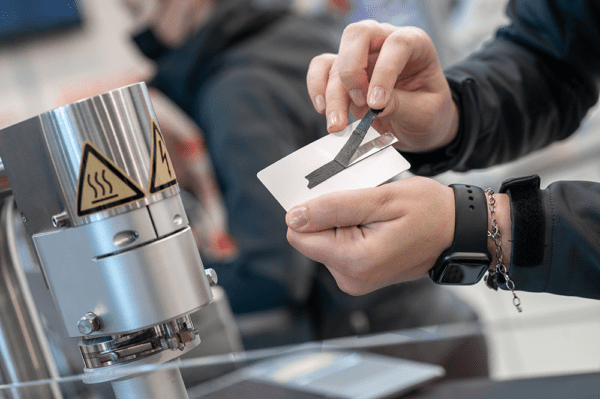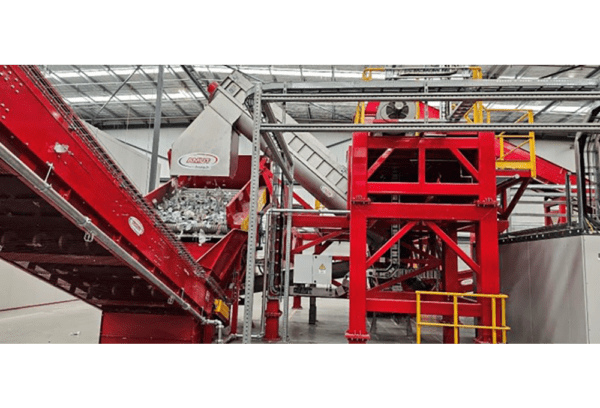
Recyclability by Design Gets the Beauty Treatment
Plastics Recycling Charity, RECOUP have used case studies as an effective method of delivering the recyclability by design message in food packaging and the team are now looking to apply these principles across a wider range of sectors including beauty and personal care.
The recycling message to consumers for items from the bathroom is a confusing one. And whilst many citizens are now getting used to thinking of plastics recyclability daily with kitchen items this often gets lost when it comes to beauty and personal care regimes. Whether it is due to convenience (no bathroom recycling bin), or lack of recycling instructions, greater awareness is needed to ensure that the lotions and potions packaging is recycled. With all UK Local Authorities collecting bottles kerbside, there is an opportunity to recycle more in terms of HDPE, PP and PET bathroom products.

With this set of case studies, RECOUP has highlighted the reasons why beauty product packaging might not make it through sorting systems. The work demonstrates the issues with the sorting of small items and why size dictates recyclability regardless of polymer type. Label coverage is also identified as a barrier to recyclability with RECOUP pointing out that products should not include more than a 40% coverage to ensure they are NIR detected. The study also highlights the issues with multi-polymer and multi-material challenges.
RECOUP Packaging Sustainability Manager, Paul East, explained; “After consideration of recyclability principles in the design of their packaging, brand owners should consider how to promote their own products by thinking about how they are disposed of in the home. Is there clear instruction on disposal, including advice on recycling?”
A survey conducted in 2019 revealed that around 57% of UK residents do not recycle any bathroom products. It is calculated that the average UK household uses over 52,000-bathroom products in their lifetime, weighing a total of 512 kilograms. With the UK market being worth £33bn in terms of cosmetic and beauty products along, the industry has a responsibility to help increase recycling rates through improved design and clear consumer guidance.
Margaret Bates, Executive Director, at OPRL commented. “The study really shows that we need to ensure that easy to understand labelling for recycling is on all our packaging, not just the things we have in the kitchen. Sometimes it’s hard to find the right place to put a label that the consumer will see, but increasingly they expect to have recycling information and brands need to supply it – rather than keep on including labels that are confusing or meaningless to the UK consumer such as the Green dot or resin codes.”
RECOUP see improved design as key to improving the recyclability of plastic packaging and continue this work for the benefit of the whole of the plastics recycling value chain.
The full document is now available for free download at https://www.recoup.org/p/173/download-centre.
RECOUP also offer free pack testing of plastic packaging to all RECOUP members, and the service is available to a non-member for a charge. RECOUP are also UK auditors for RecyClass (contact: recyclass@recoup.org). For pack enquiries, please contact kate.bedford@recoup.org, or member enquiries contact rebecca.davis@recoup.org





